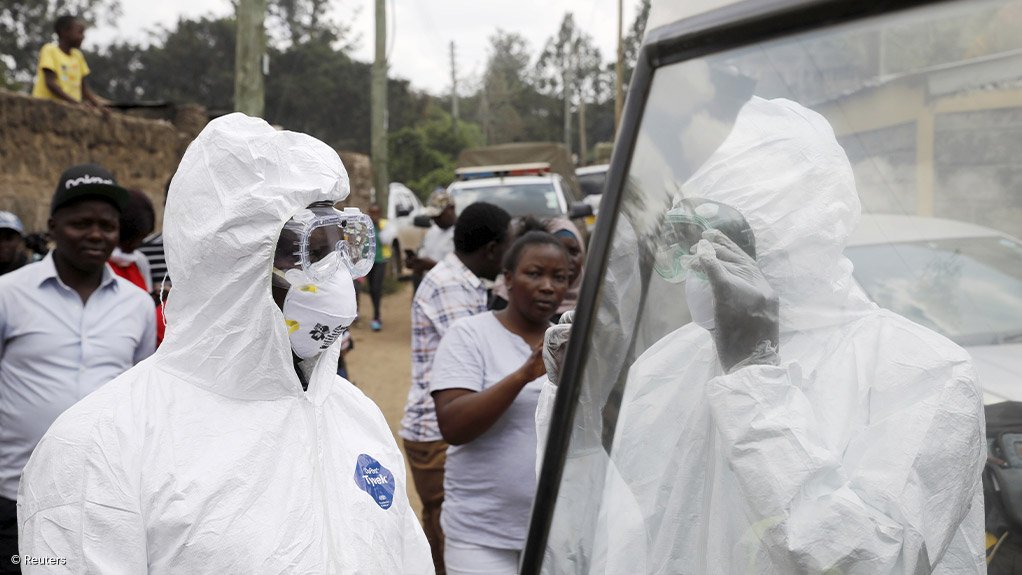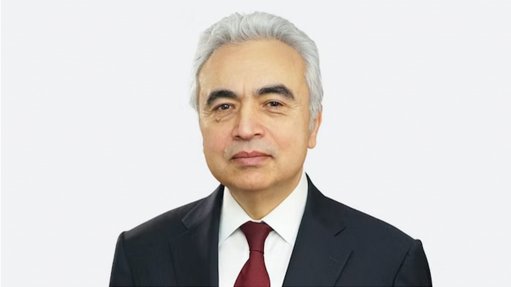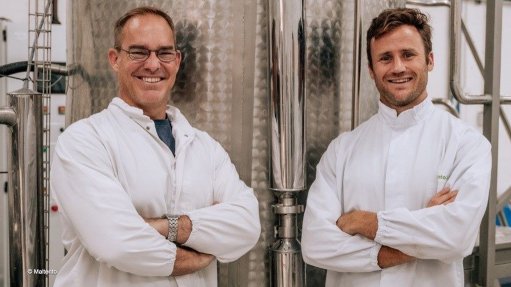Calls for debt servicing standstill gain support
Given projections that Africa is likely to face its first recession in 25 years as a result of the Covid-19 pandemic, the World Bank and the International Monetary Fund (IMF) are supporting the call by Finance Ministers from across the continent, and their respective governments, for a debt servicing standstill.
During a webinar, hosted by the World Health Organisation (WHO), on April 16, World Economic Forum (WEF) Africa head Elsie Kanza lamented the economic and financial challenges Africa was facing, saying that the debt servicing standstill would be essential in freeing up revenues, which were already reduced.
Besides the health-related concerns of Covid-19, Africa faces the loss of export markets, as well as tourism-related revenues and is still recovering from the shock of the recent drop in oil prices.
The debt standstill, Kanza said, would allow governments across the continent to make provisions for more allocations to get ahead of the global health challenge.
With an increasing number of countries heeding the call to prevent the spread of the virus by taking a variety of measures, she lamented that overall household expenditure had also dropped, alongside difficulties in managing the supply of food to vulnerable persons.
Kanza also referred to a recent study by consulting agency McKinsey, which found that about one-third of Africans are likely to lose their jobs – both in the formal and informal sector – following the Covid-19 pandemic.
Over 80% of Africa’s population is employed in the informal sector.
The risk was too high, she lamented, considering that there is still uncertainty surrounding when movement restriction measures were going to be lifted.
Meanwhile, with South Africa having the highest number of confirmed Covid-19 cases – over 2 400 – in Africa, WHO Africa regional director Dr Matshidiso Moeti acknowledged the country’s “strong action” as soon as it was understood that community spread of the virus was starting.
Shortly after the virus arrived on South African shores, government implemented public health measures, including case identification and testing.
According to Moeti, South Africa was also one of the first countries in Africa with the earliest capacity to test for the virus, while also simultaneously testing for and supporting its neighbouring countries.
However, while South Africa has adopted physical distancing measures, and even extended its nationwide lockdown, Moeti was cautious in stating that “the curve was bending”, especially when taking the country’s challenging context – a result of its history – into account.
“South Africa is one of the most inequitable societies in the world based on its history,” she said, likely referring to the apartheid era which came to an end in 1994.
Taking this context into account, Moeti said that while physical distancing “is feasible” in some regions, she lamented that it was “extremely difficult” in others.
The WHO has also observed that South Africa has faced challenges in enforcing the physical distancing and lockdown measures, which is accompanied by assistance from the South African Police Service and the South African National Defence Force.
However, Moeti encouraged stronger communication with South African residents, adding that “people really need to understand that these measures are for their benefit”.
Referring to the apparent slowing spread of the virus, she indicated that while South Africa’s actions have had a positive impact, “the situation needs to continue being monitored”.
CRITICAL SUPPLY
Meanwhile, with Covid-19 having spread to nearly every country in Africa, resulting in nearly 17 000 confirmed cases and around 900 deaths on the continent, Moeti said on Thursday that the WHO was working with governments “to better understand what is happening on the ground”.
However, she lamented that it was “worrisome” as countries in West and Central Africa often had fragile health systems.
Crucial medical equipment that is needed to respond to Covid-19 is also often lacking in many of these countries.
As such, the WHO has been working with the World Food Programme (WFP) and the African Union (AU), national governments and the Jack Ma Foundation to ensure that vital supplies are delivered to frontline health workers.
In the past two days, eight countries have received medical equipment. This shipment of supplies and personal protective equipment will enable health workers from across Africa to treat 30 000 patients without putting themselves at risk.
The shipment comprises face shields, gloves, goggles, gowns, masks, medical aprons, thermometers and more than 400 ventilators.
With several borders closed and numerous flights cancelled, making deliveries of this much-needed medical equipment increasingly difficult, the WHO has called for humanitarian corridors to assist in delivering essential supplies to every African country.
Comments
Press Office
Announcements
What's On
Subscribe to improve your user experience...
Option 1 (equivalent of R125 a month):
Receive a weekly copy of Creamer Media's Engineering News & Mining Weekly magazine
(print copy for those in South Africa and e-magazine for those outside of South Africa)
Receive daily email newsletters
Access to full search results
Access archive of magazine back copies
Access to Projects in Progress
Access to ONE Research Report of your choice in PDF format
Option 2 (equivalent of R375 a month):
All benefits from Option 1
PLUS
Access to Creamer Media's Research Channel Africa for ALL Research Reports, in PDF format, on various industrial and mining sectors
including Electricity; Water; Energy Transition; Hydrogen; Roads, Rail and Ports; Coal; Gold; Platinum; Battery Metals; etc.
Already a subscriber?
Forgotten your password?
Receive weekly copy of Creamer Media's Engineering News & Mining Weekly magazine (print copy for those in South Africa and e-magazine for those outside of South Africa)
➕
Recieve daily email newsletters
➕
Access to full search results
➕
Access archive of magazine back copies
➕
Access to Projects in Progress
➕
Access to ONE Research Report of your choice in PDF format
RESEARCH CHANNEL AFRICA
R4500 (equivalent of R375 a month)
SUBSCRIBEAll benefits from Option 1
➕
Access to Creamer Media's Research Channel Africa for ALL Research Reports on various industrial and mining sectors, in PDF format, including on:
Electricity
➕
Water
➕
Energy Transition
➕
Hydrogen
➕
Roads, Rail and Ports
➕
Coal
➕
Gold
➕
Platinum
➕
Battery Metals
➕
etc.
Receive all benefits from Option 1 or Option 2 delivered to numerous people at your company
➕
Multiple User names and Passwords for simultaneous log-ins
➕
Intranet integration access to all in your organisation





















